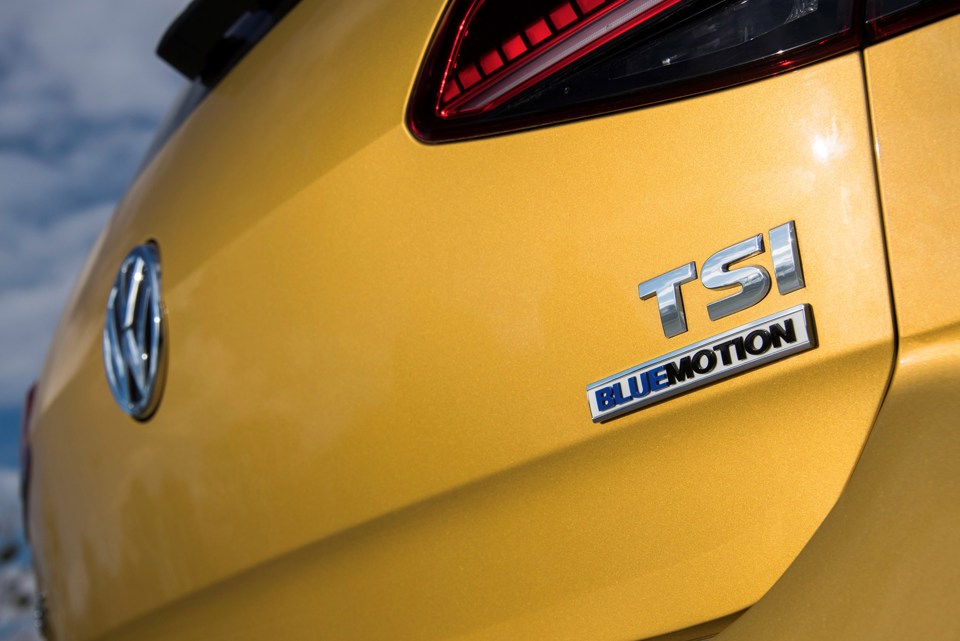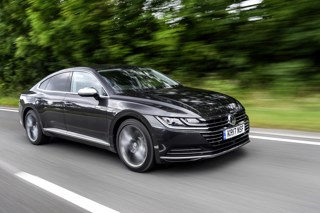Volkswagen has added a new 1.5-litre TSI ACT engine to the Golf range, which promises fuel consumption of 58mpg.
The petrol engine will be cheaper than an equivalent diesel and has CO2 emissions from 110g/km.
It has an output of 130PS and will also be available for other Volkswagen models in the future.
The efficiency is achieved through a new TSI Miller combustion process and the use of a high-tech turbocharger with variable turbine geometry.
Two technologies help boost efficiency:
Active Cylinder Management (ACT) - Whenever possible, ACT deactivates the two inner cylinders. It always does this at times when power demand is low. The deactivation function operates within an engine speed range of 1,400 to 4,000 rpm and at vehicle speeds up to 80MPH. The driver is made aware of the barely perceptible changeover from four to two-cylinder operation by the "2 cylinder mode" notification in the instrument display.
Eco-coasting - When combined with the seven-speed DSG dual clutch gearbox the drivetrain can be classified as a micro-hybrid system: as soon as the driver lets the car coast the engine management system switches off the engine completely and decouples it from the drivetrain by disengaging the clutch.
The micro-hybrid system utilises the 12-volt electrical system architecture and a compact lithium-ion battery to supply all relevant systems in the car with energy during the phases when the engine is inactive.
Within the foreseeable future, Volkswagen will be launching further derivatives of the 1.5 TSI ACT BlueMotion in global markets. Fewer cylinders, smaller engine displacements and significantly greater power are all equally conceivable. Furthermore, engine developers have designed the basic technical matrix to enable mild, full and plug-in hybrid drive systems and natural gas engines as well.



















Peter Haworth - 18/02/2020 14:23
Just picked up a 1.4 Seat Leon Tourer (2 years old). Fantastically specified vehicle and worth every penny I have spent. `smallest car I have had for some 50 years and could not be happier. Just driven down to half way in France from Cambridge. Not a whimper.